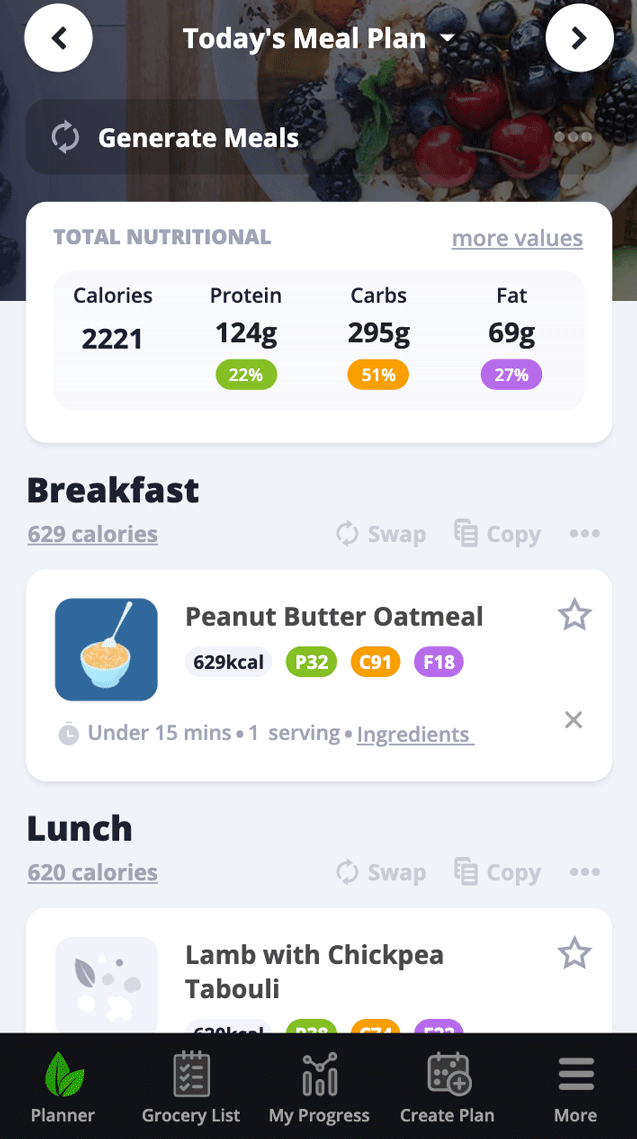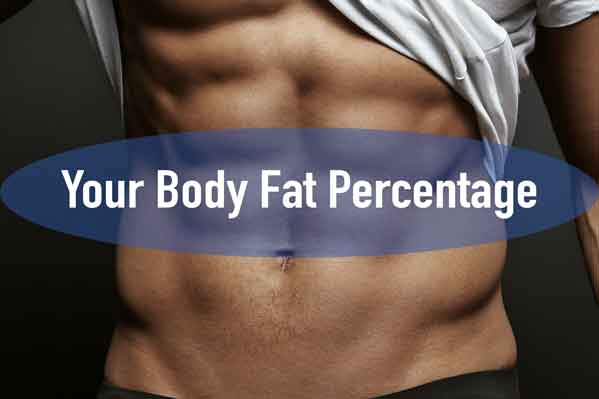Keto Diet: What Is It And How To Follow It

For decades, many people were fearful of fat. Due to reports suggesting that fat, particularly saturated fat, could have adverse health effects, people eschewed high-fat foods in favor of lower fat substitutes. Though this was done with good intentions, the resulting diet was not actually beneficial for overall health. By reducing fat intake, people began to eat a higher amount of highly processed foods. Oftentimes these foods were pumped with sugar and other artificial sweeteners to make up for the taste lost when the fat was removed from the foods. People believed that a low fat or fat free label on a food made it healthy, when in fact they would have been better off eating whole foods in their natural state, regardless of the fat content.
Thankfully, the perception of fat being detrimental to health has started to shift. People realized that they were not getting healthier or slimmer from eating these low fat foods; quite the opposite, actually. Today, many people have realized the innumerable health benefits of eating a large amount of fat in the diet, and have begun to experiment with eating a diet with higher amounts of fat than the norm. The most popular of these high-fat diets is the ketogenic, or keto diet.
What is the Ketogenic Diet?
The ketogenic diet centers on the idea of ketosis. Ketosis is a bodily state that naturally occurs when the body is low in food. In these situations, the body produces ketones, which are substances that help break down fats in the liver. In other words, the body is using fat stores for energy.
In a normal metabolic state, the primary source of energy is glucose. Glucose is produced when you eat foods that are high in carbohydrates. This is why you often hear of carbs being the bodys most immediate energy source. But, when the body is lacking in glucose from carbohydrates or sugar, it then turns to fat as energy.
Ketosis typically occurs when the body is lacking food and calories. But, a ketogenic diet in no way severely limits food intake. Rather, it mimics this effect in order to put the body into a state of ketosis by strictly limiting the number of carbs consumed, and, thus, the amount of glucose available. This means the body will burn fat for energy, which is why the diet is popular among people trying to lose weight or increase their muscle mass.
What Can I Eat on a Ketogenic Diet?
A ketogenic diet is a high fat, very low carbohydrate way of eating. The diet tends to result in a net carb intake of 15-30 grams per day (net carbs being total carbohydrates minus fiber). For reference, a medium sized apple has about 15 grams of net carbohydrates. So, most people following a keto diet stay away from fruit and focus on getting their carbs from vegetables like greens and broccoli.
In addition to fruit, the ketogenic diet cuts out all grains, as well as starchy vegetables such as potatoes. While this may sound limiting, there are plenty of foods that you can eat on a ketogenic diet, such as meat, full-fat dairy products, above-ground vegetables, nuts and seeds, and more. What exactly you eat is up to your personal preference, but you should aim to achieve a macronutrient balance of about 70% fat, 25% protein, and 5% carbohydrate (small deviations from these percentages are fine).
The suggested amount for protein may throw some people off. Most diet plans recommend eating plenty of protein, especially lower fat protein like chicken and egg whites, because they are filling while being low in calories. But, the ketogenic diet takes a different approach. Eating excess protein when following a low carbohydrate diet can actually cause the protein to convert to sugar in the body, hindering the body from entering a state of ketosis.
Most people are not used to eating such a high amount of fat. If you are interested in the ketogenic diet but are not sure how to achieve the necessary macronutrients, try using our meal planner to give you plenty of ideas.
What Are The Benefits of a Ketogenic Diet?
As previously mentioned, the fat-burning power of a ketogenic diet attracts many people who are trying to lose weight. Oftentimes these are people who have tried other strategies to no avail, who are interested in the unique approach of the keto diet and its emphasis on fats and whole foods. By nature, getting your body into a state of ketosis will help you lose weight as your body burns fat for energy. This is also useful for people who are not trying to lose weight, but increase their bodys muscle mass, as a decrease in body fat will help them become more lean and emphasize their muscles.
In addition to that fat burning power of ketones, a ketogenic diet helps dieters in other ways. A high fat diet increases feelings of satiety, and fat is a stable energy source. A high fat, low carbohydrate, low sugar diet like the keto diet reduces blood sugar spikes and keeps energy stable throughout the day. This means you are less likely to crave snacks that could throw your diet off course.
Beyond promoting weight loss, the ketogenic diet has an array of more benefits. One of them is increased mental focus many people feel while following a ketogenic diet. It is known that fatty acids are essential for brain health, so this high-fat diet is full of brain boosting power.
Should I Try A Ketogenic Diet?
Dieting is not one size fits all. While there is no telling whether you will personally enjoy following a ketogenic diet, science supports that it is an effective way to lose weight.
A ketogenic diet is especially useful for people who are pre-diabetic due to its positive impact on blood sugar and insulin. People who are not trying to lose weight, but are looking to build muscle and improve their fitness, also find the ketogenic diet very helpful for achieving these goals.
At the end of the day, the only way to know if you will find this popular diet useful for your lifestyle is to give it a try. Limiting carbohydrates can seem daunting at first, but the wide variety of other, filling foods available to you on a keto diet make it much less challenging than you may think. Still, if you would like to give keto a try but are worried about eating the right foods, try utilizing our meal plan generator to make sure you do keto the right way and see how it impacts your body and health.



